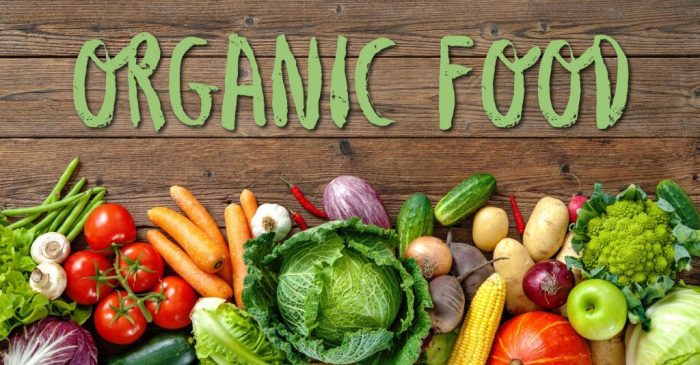Which of the following does not describe a vitamin? This question delves into the realm of essential nutrients, exploring the unique properties and functions of vitamins. Vitamins play a crucial role in maintaining optimal health, but not all substances that contribute to well-being fall under this category.
This article aims to clarify the distinctions between vitamins and other essential nutrients, providing a comprehensive understanding of the topic.
The subsequent paragraphs will delve into the defining characteristics of vitamins, examining their chemical structure, stability, and interactions with other nutrients. We will also explore substances that do not qualify as vitamins, highlighting their differences from these essential micronutrients. Furthermore, we will discuss the consequences of vitamin deficiency and excess, emphasizing the importance of maintaining a balanced diet that meets our vitamin requirements.
1. Understanding Vitamins

Vitamins are organic compounds that the body cannot synthesize in sufficient amounts and must be obtained through the diet. They play essential roles in numerous metabolic processes, including energy production, immune function, and tissue repair.
Types of Vitamins
- Fat-soluble vitamins: These vitamins (A, D, E, and K) are absorbed along with dietary fats and stored in the body’s fatty tissues.
- Water-soluble vitamins: These vitamins (B vitamins and vitamin C) are dissolved in water and must be replenished regularly as they are not stored in the body.
Essential Vitamins
Essential vitamins are those that the body cannot produce on its own and must be obtained from external sources.
2. Properties of Vitamins: Which Of The Following Does Not Describe A Vitamin

Chemical Structure and Stability
Vitamins exhibit diverse chemical structures and stability. Fat-soluble vitamins are generally more stable than water-soluble vitamins, which can be easily degraded by heat, light, and oxygen.
Interaction with Nutrients and Enzymes
Vitamins often interact with other nutrients and enzymes to facilitate metabolic reactions. For example, vitamin B1 (thiamine) acts as a coenzyme in the breakdown of carbohydrates.
Role in Metabolic Processes
Vitamins play crucial roles in various metabolic processes, including:
- Energy production
- Immune function
- Tissue repair
- Red blood cell formation
- Nervous system function
3. Identifying Non-Vitamins

Non-vitamins are substances that do not meet the criteria for vitamins. They include:
Minerals
Minerals are inorganic elements that are essential for the body’s functioning, but they are not considered vitamins.
Hormones
Hormones are chemical messengers produced by the body that regulate various physiological processes, but they are not vitamins.
Amino Acids, Which of the following does not describe a vitamin
Amino acids are the building blocks of proteins and are essential for growth and repair, but they are not vitamins.
4. Vitamin Deficiency and Excess

Vitamin Deficiency
Vitamin deficiency occurs when the body does not receive sufficient amounts of a particular vitamin. This can lead to a range of symptoms, including fatigue, weakness, and impaired immune function.
Vitamin Excess
Excessive vitamin intake can also be harmful. Fat-soluble vitamins, in particular, can accumulate in the body and cause toxicity.
Maintaining a Balanced Diet
To prevent both vitamin deficiency and excess, it is important to maintain a balanced diet that includes a variety of vitamin-rich foods from all food groups.
FAQ Insights
What are the key differences between vitamins and minerals?
Vitamins are organic compounds that the body cannot produce on its own and must be obtained through diet. Minerals, on the other hand, are inorganic elements that the body can obtain from both food and water.
Can excessive vitamin intake be harmful?
Yes, excessive intake of certain vitamins, particularly fat-soluble vitamins, can lead to toxicity. It is important to consume vitamins within the recommended daily amounts.
How can I ensure I am getting enough vitamins in my diet?
Consuming a balanced diet that includes a variety of fruits, vegetables, whole grains, and lean protein sources is the best way to ensure adequate vitamin intake. Fortified foods and supplements can also be considered if necessary.